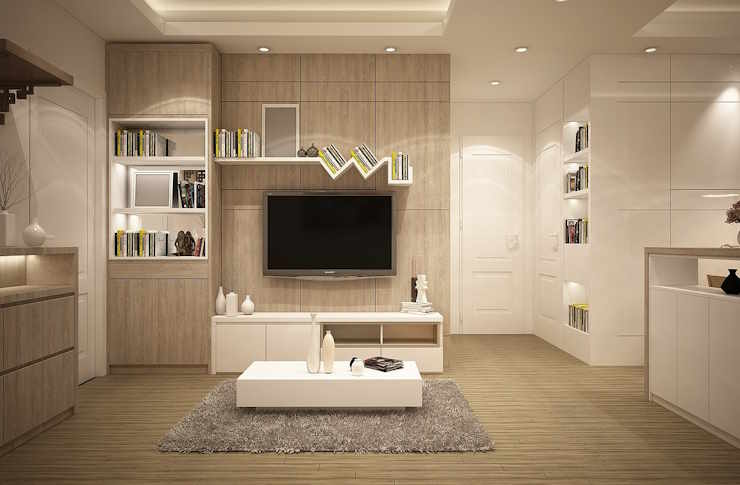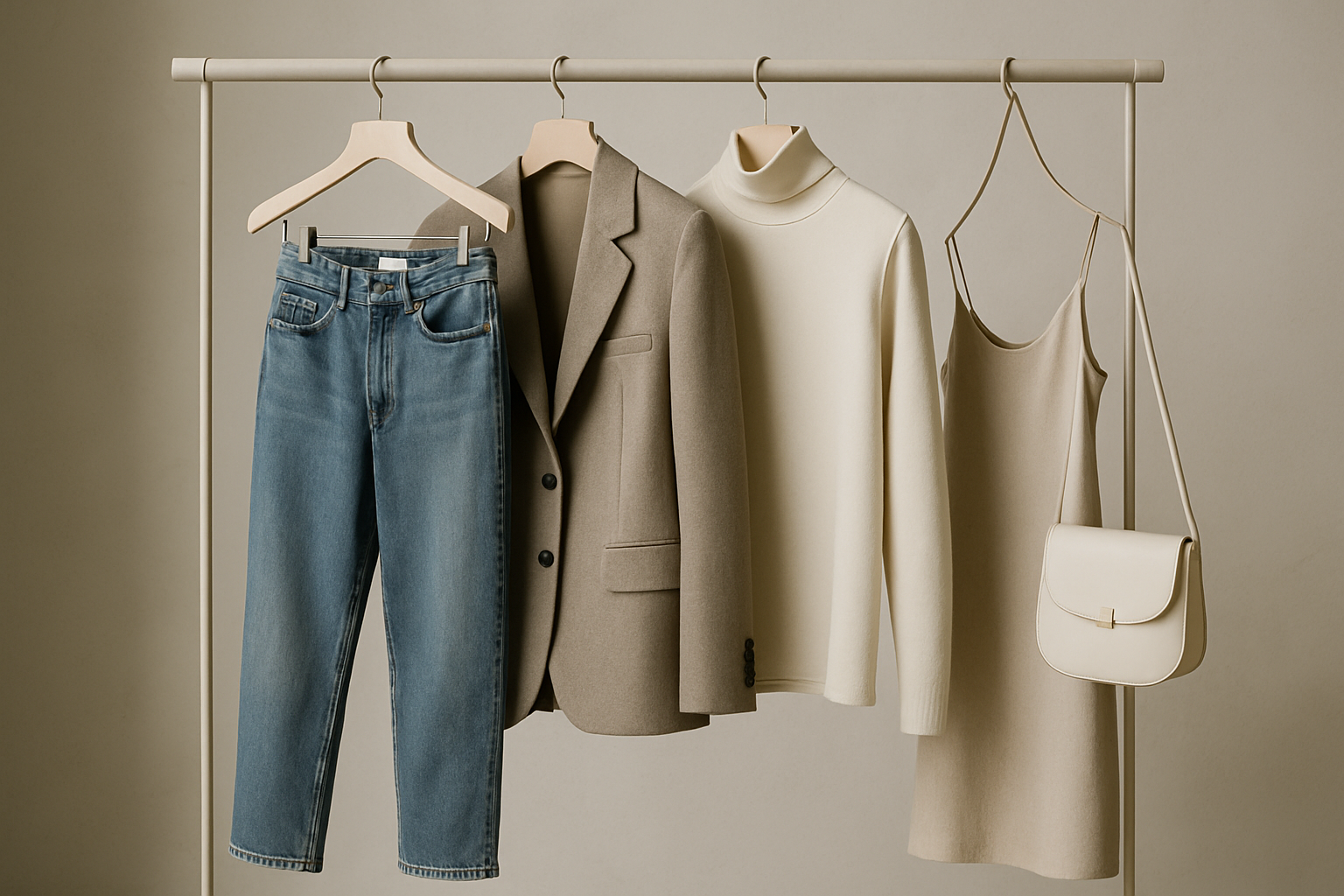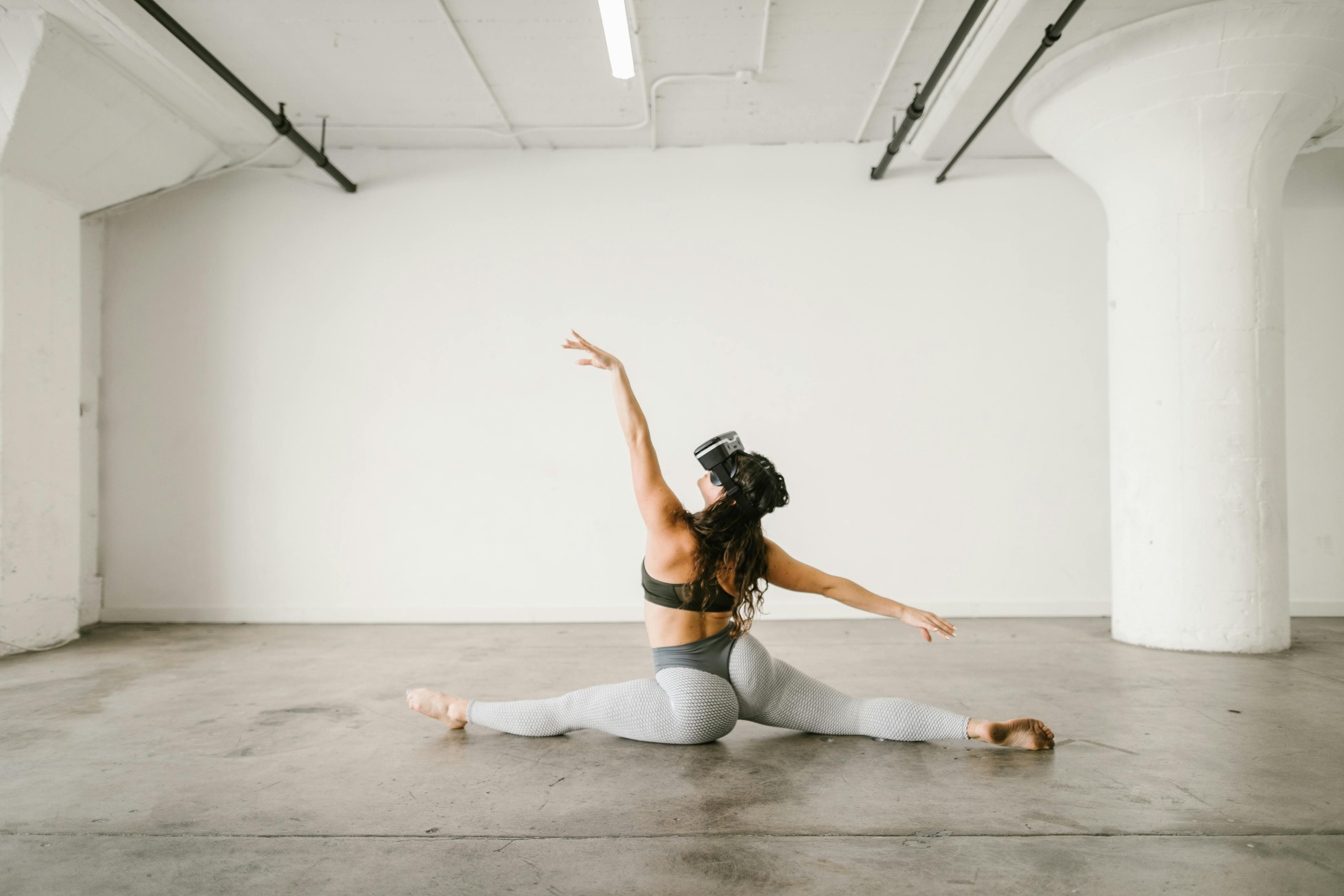Choosing the Right TV Unit: A Complete Guide to Modern Storage Solutions
When selecting a TV unit or stand, think about functionality alongside design. Consider whether you need extra storage for devices, how close viewers will sit, and cable management options. Materials, finishes, and height can also affect comfort and room harmony, helping you create a setup that’s both practical and visually appealing.

Understanding Modern TV Unit Styles and Designs
Modern TV units come in various configurations to suit different interior styles and space requirements. Wall-mounted units create a floating effect that maximizes floor space, while freestanding cabinets offer more storage capacity. Contemporary designs often feature clean lines, minimalist hardware, and materials like glass, metal, and engineered wood. Some units incorporate LED lighting or cable management systems for a polished appearance.
Essential Factors When Selecting a TV Unit
The size of your television should guide your unit selection, with the stand typically extending 3-6 inches beyond the TV’s width for stability. Consider the viewing height, which should position the TV’s center at eye level when seated. Storage requirements play a crucial role—evaluate the space needed for media devices, gaming consoles, and other entertainment components. Measure your room’s dimensions carefully to ensure proper fit and circulation space.
Materials and Durability Considerations
TV units are commonly constructed from materials like:
-
Medium-density fiberboard (MDF)
-
Solid wood
-
Glass and metal combinations
-
Engineered wood with veneer finishes
Each material offers different benefits in terms of durability, maintenance, and aesthetic appeal. High-quality materials typically ensure longer lifespan and better weight support for modern televisions and equipment.
Storage Solutions and Organization Features
Modern TV units often include varied storage options:
-
Open shelving for frequently accessed items
-
Closed cabinets for concealing clutter
-
Cable management systems
-
Adjustable shelving
-
Built-in drawers for media storage
These features help maintain an organized entertainment area while accommodating various electronic components and accessories.
Price Ranges and Market Options
| Style Category | Price Range | Features |
|---|---|---|
| Basic Units | $100-300 | Simple design, basic storage |
| Mid-Range Units | $300-800 | Better materials, additional storage features |
| Premium Units | $800-2000+ | High-end materials, custom features |
Prices, rates, or cost estimates mentioned in this article are based on the latest available information but may change over time. Independent research is advised before making financial decisions.
Installation and Maintenance Guidelines
Proper installation ensures safety and longevity. Wall-mounted units require secure attachment to wall studs, while freestanding units should be level and stable. Regular maintenance includes dusting, checking hardware tightness, and addressing any wear signs promptly. Consider professional installation for complex or heavy units to ensure proper setup and prevent damage.
A well-chosen TV unit enhances both the functionality and visual appeal of your living space. By considering factors like size requirements, storage needs, and material quality, you can select a unit that serves your needs while complementing your home’s décor. Remember to account for future needs and potential technology upgrades when making your final selection.




